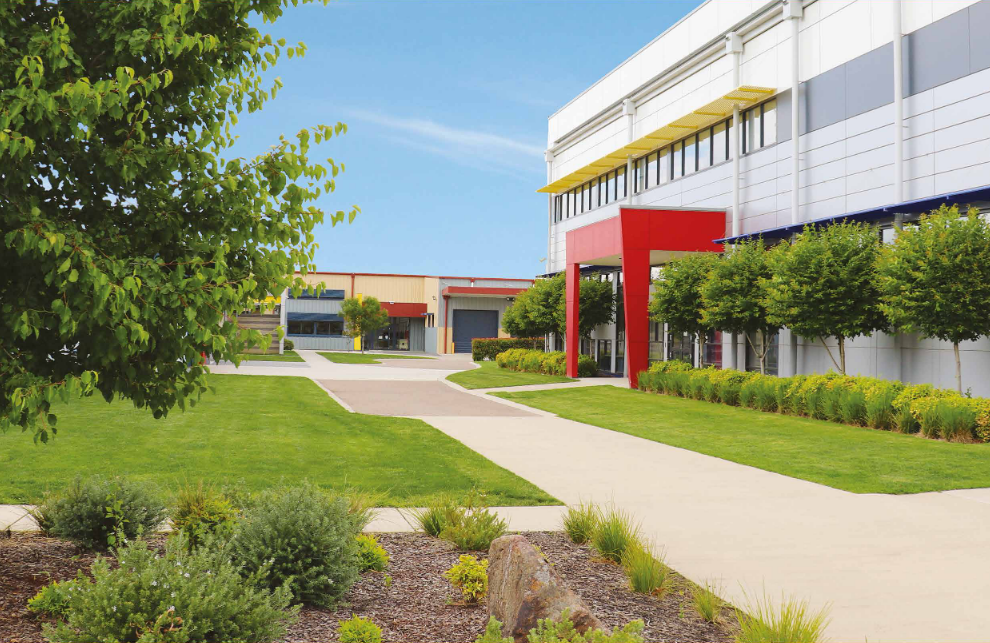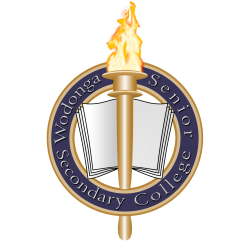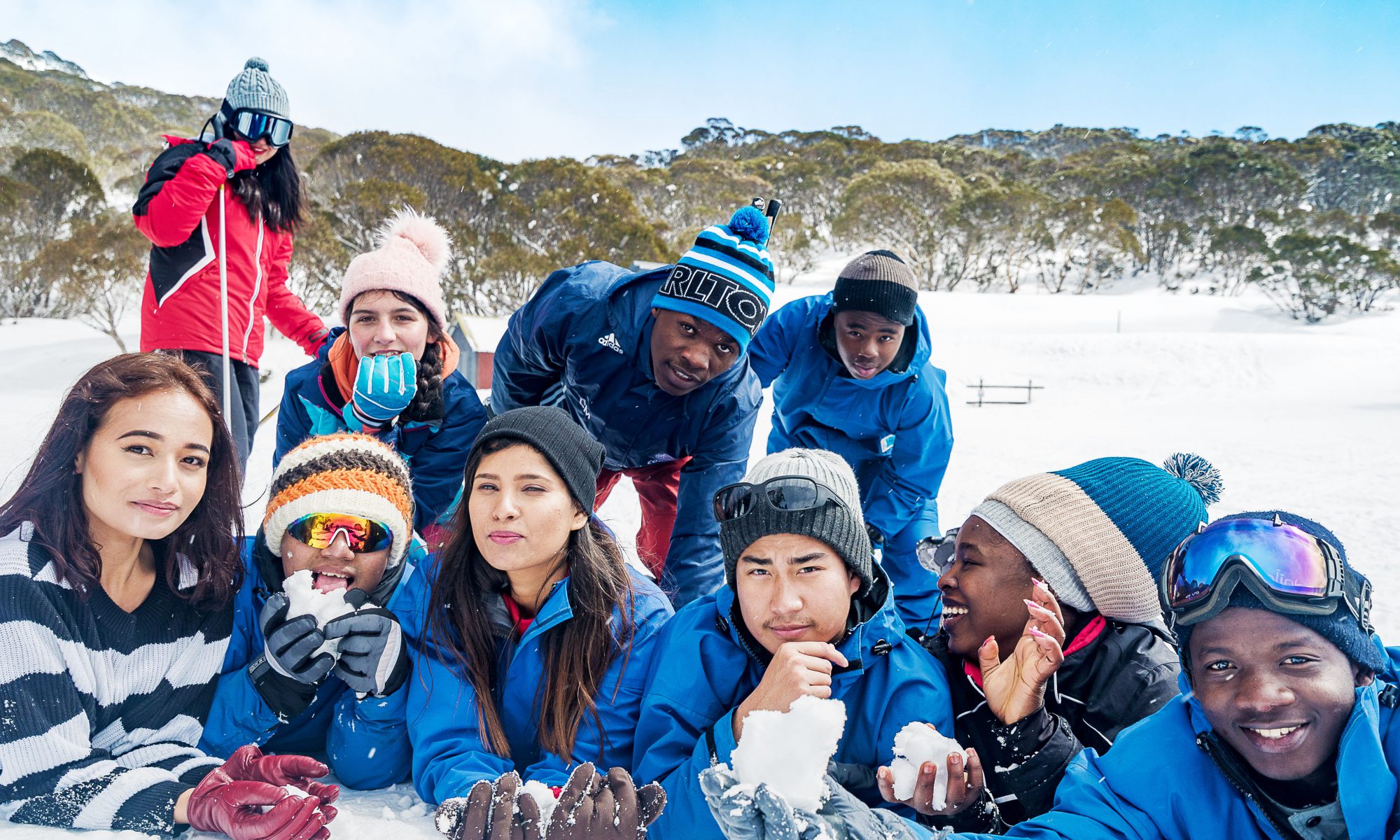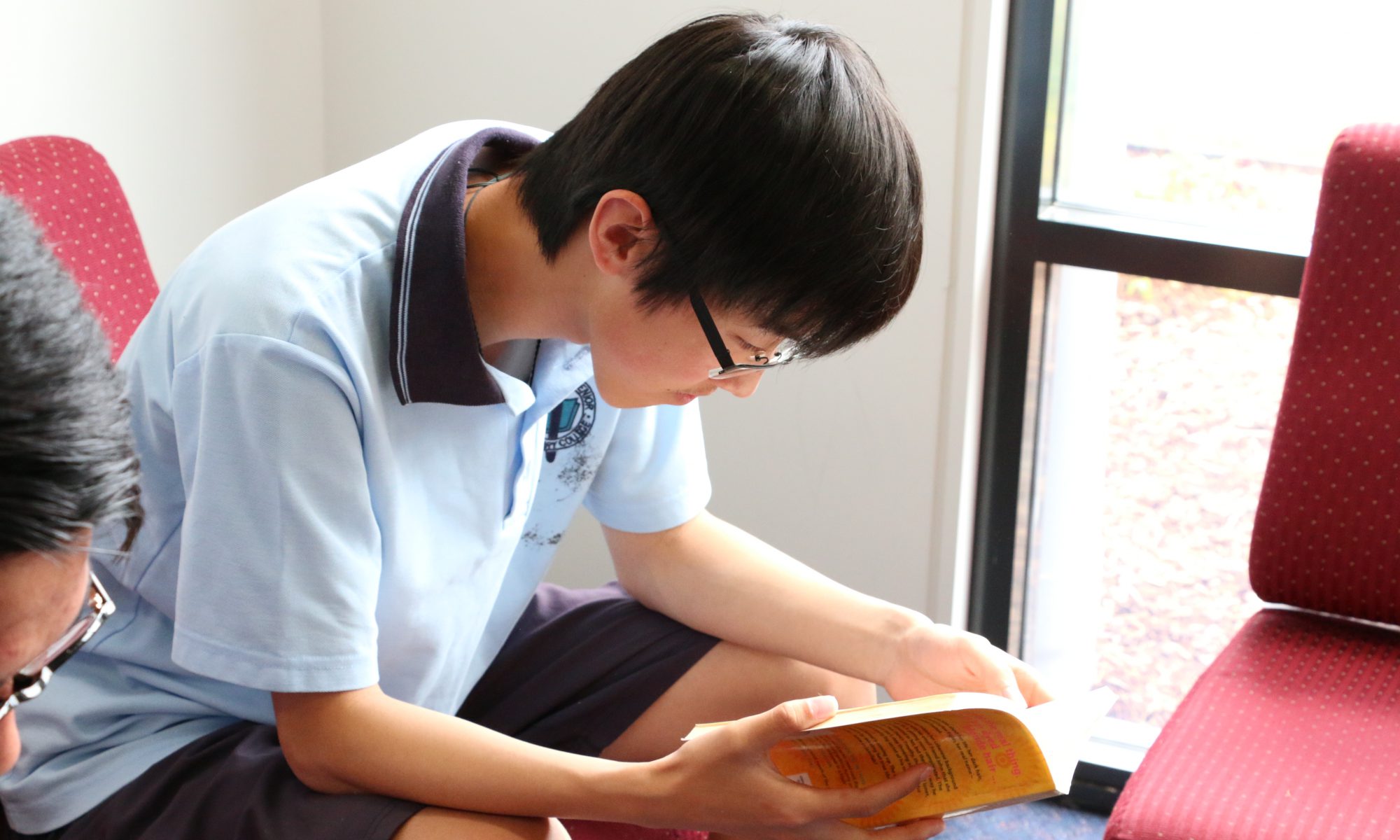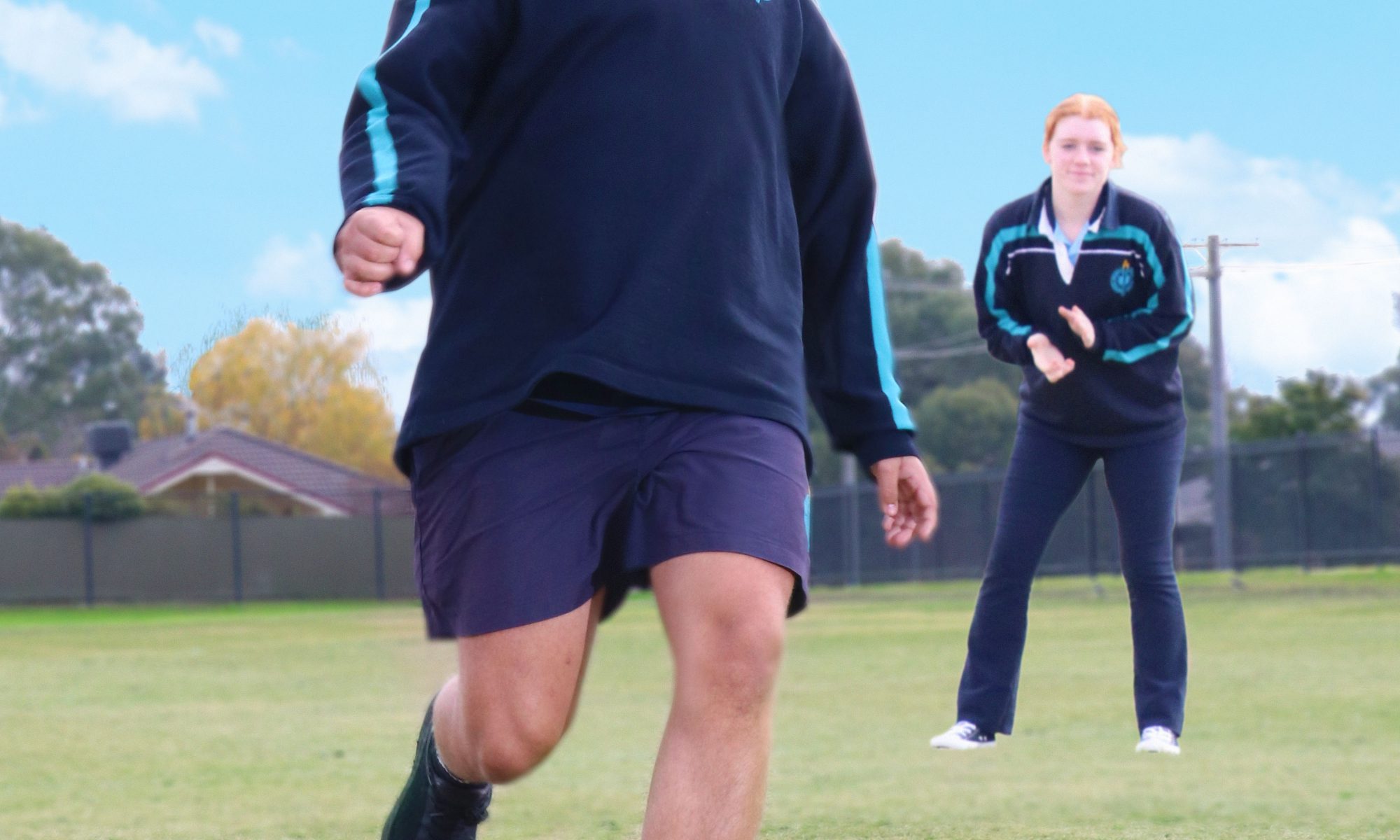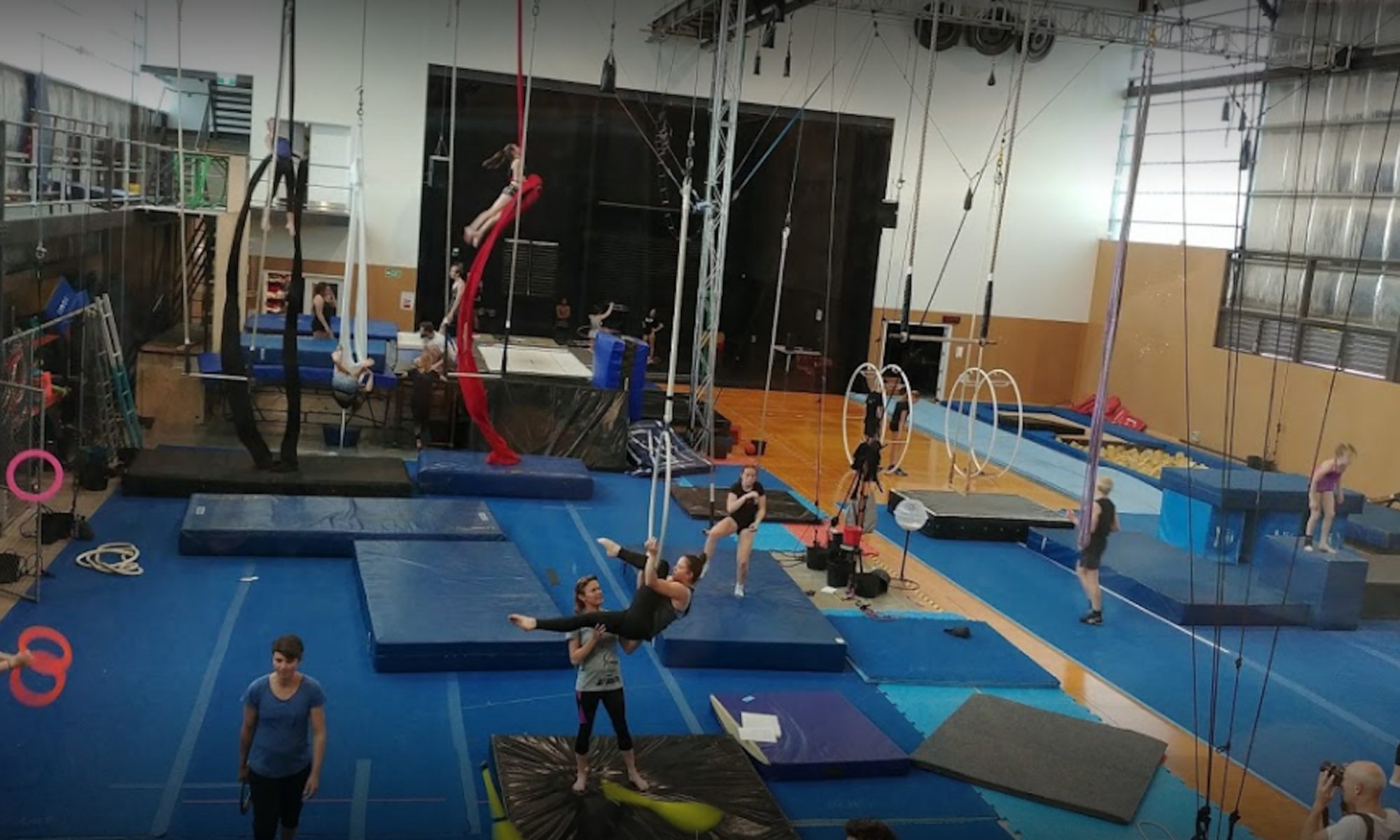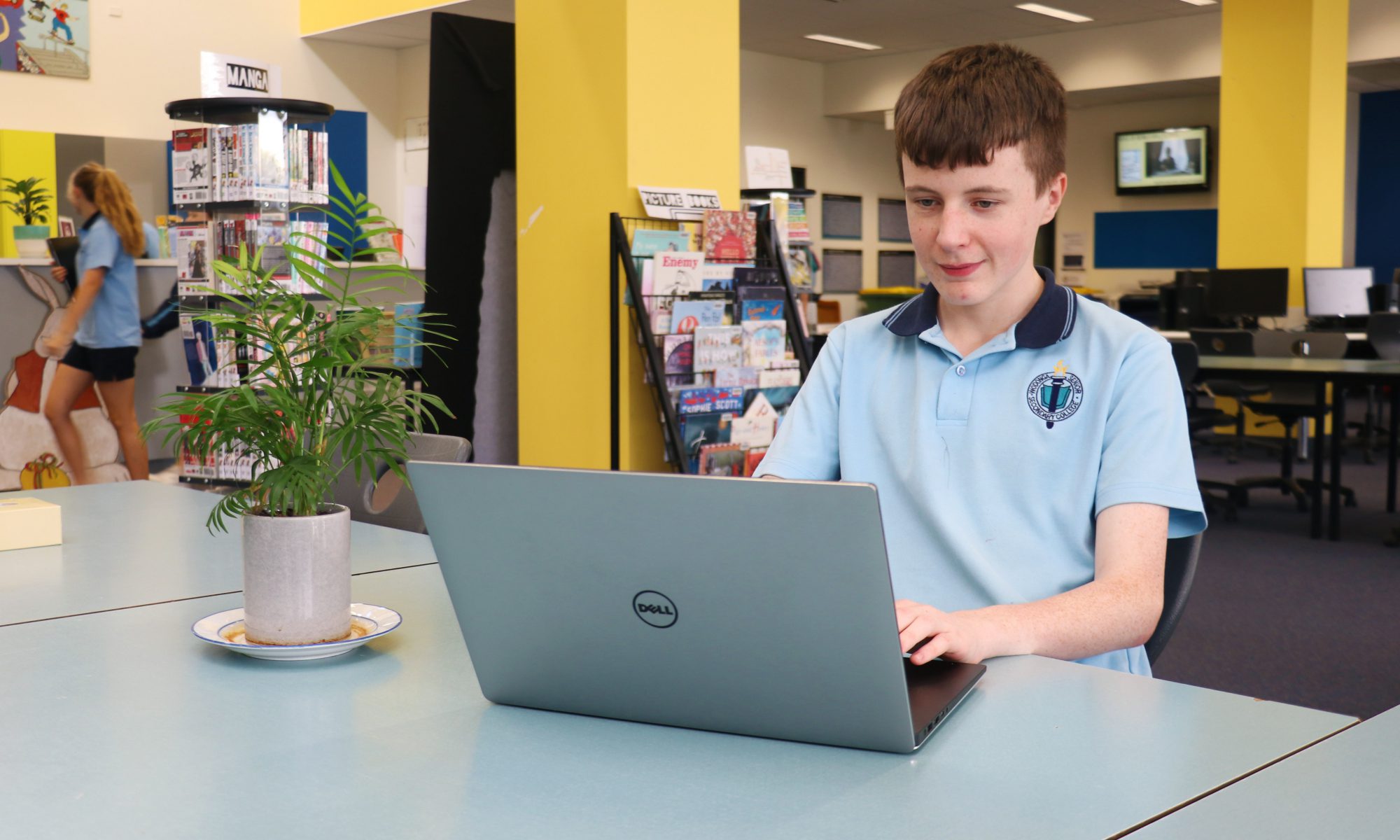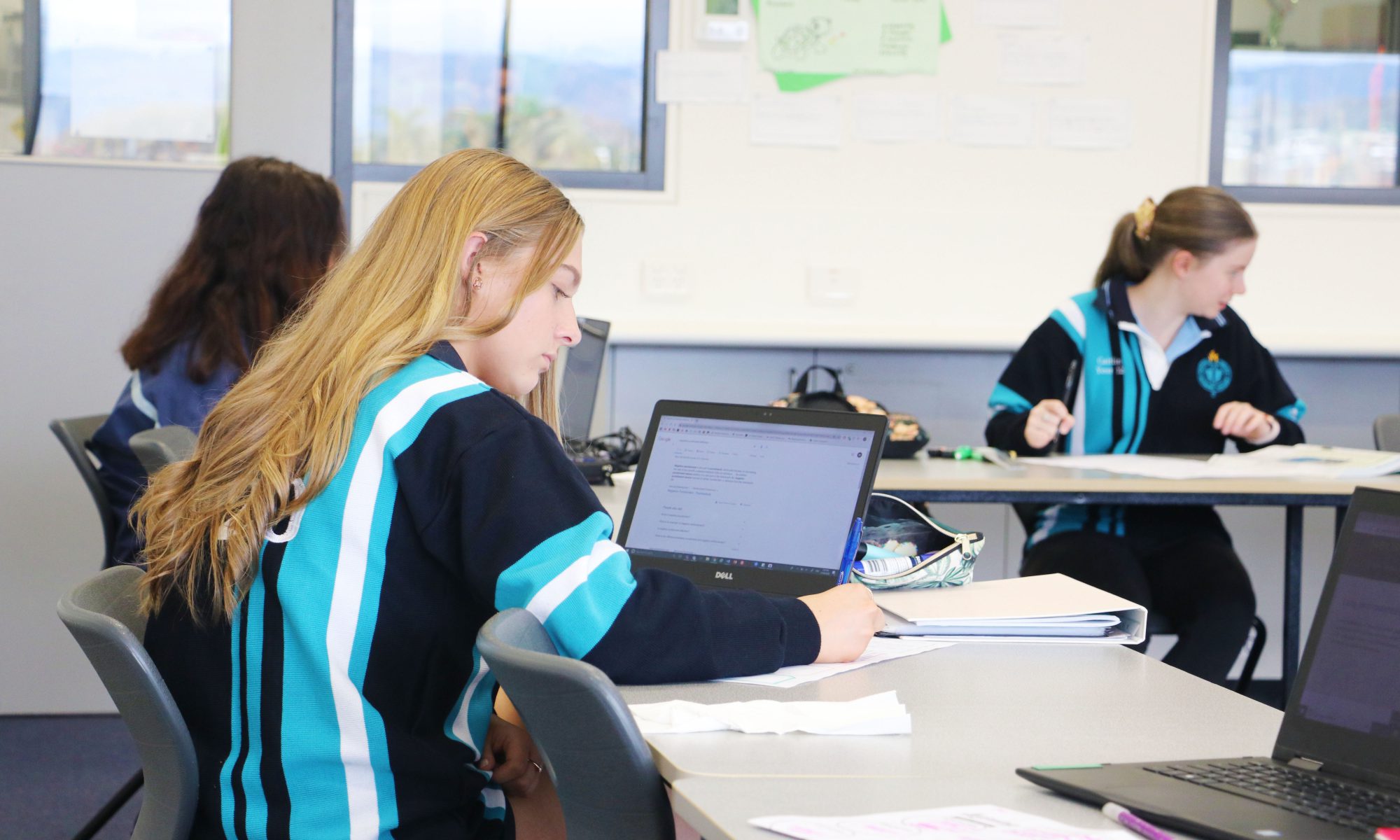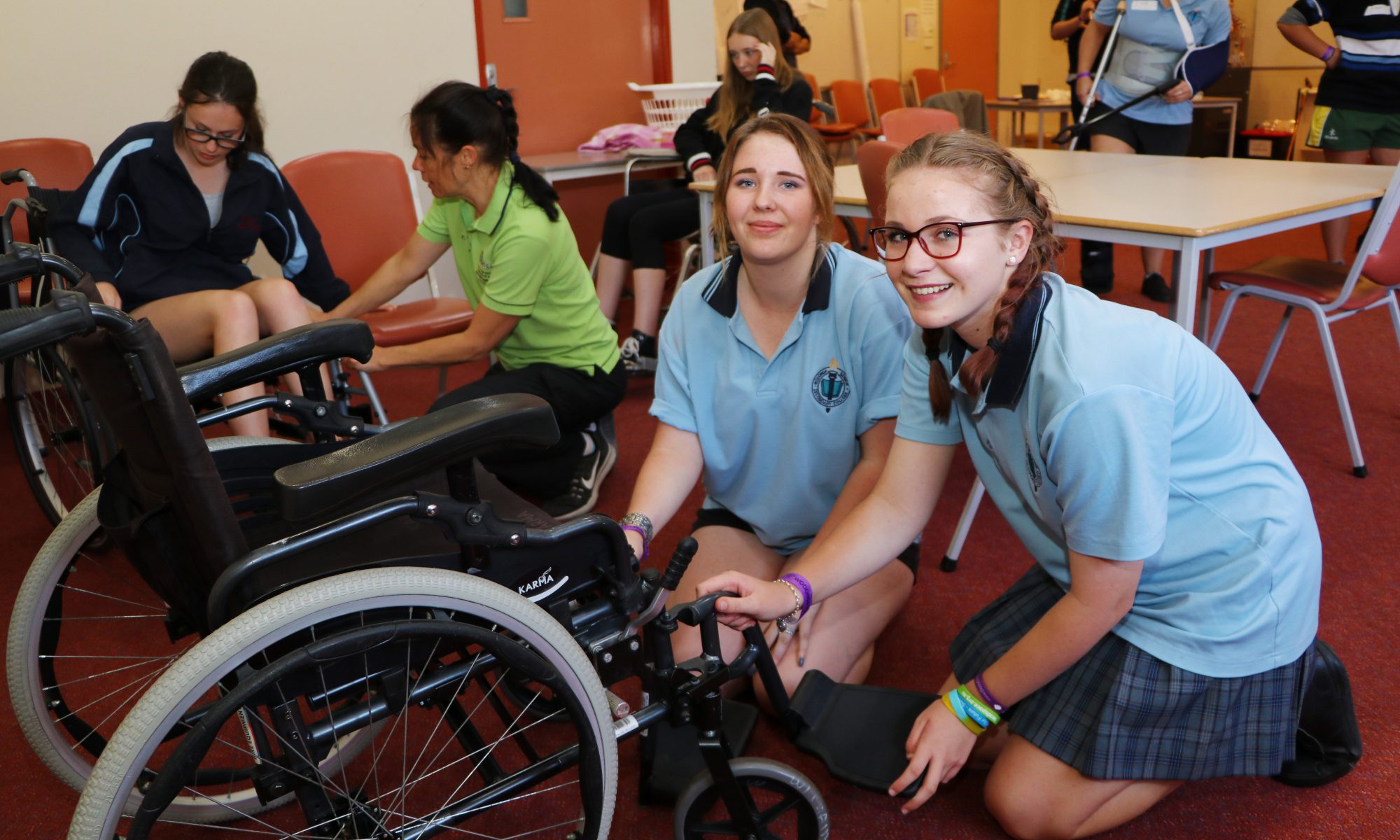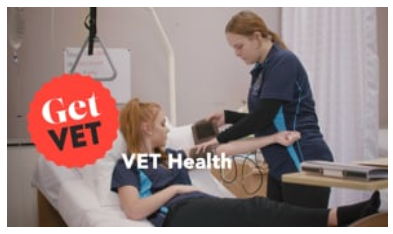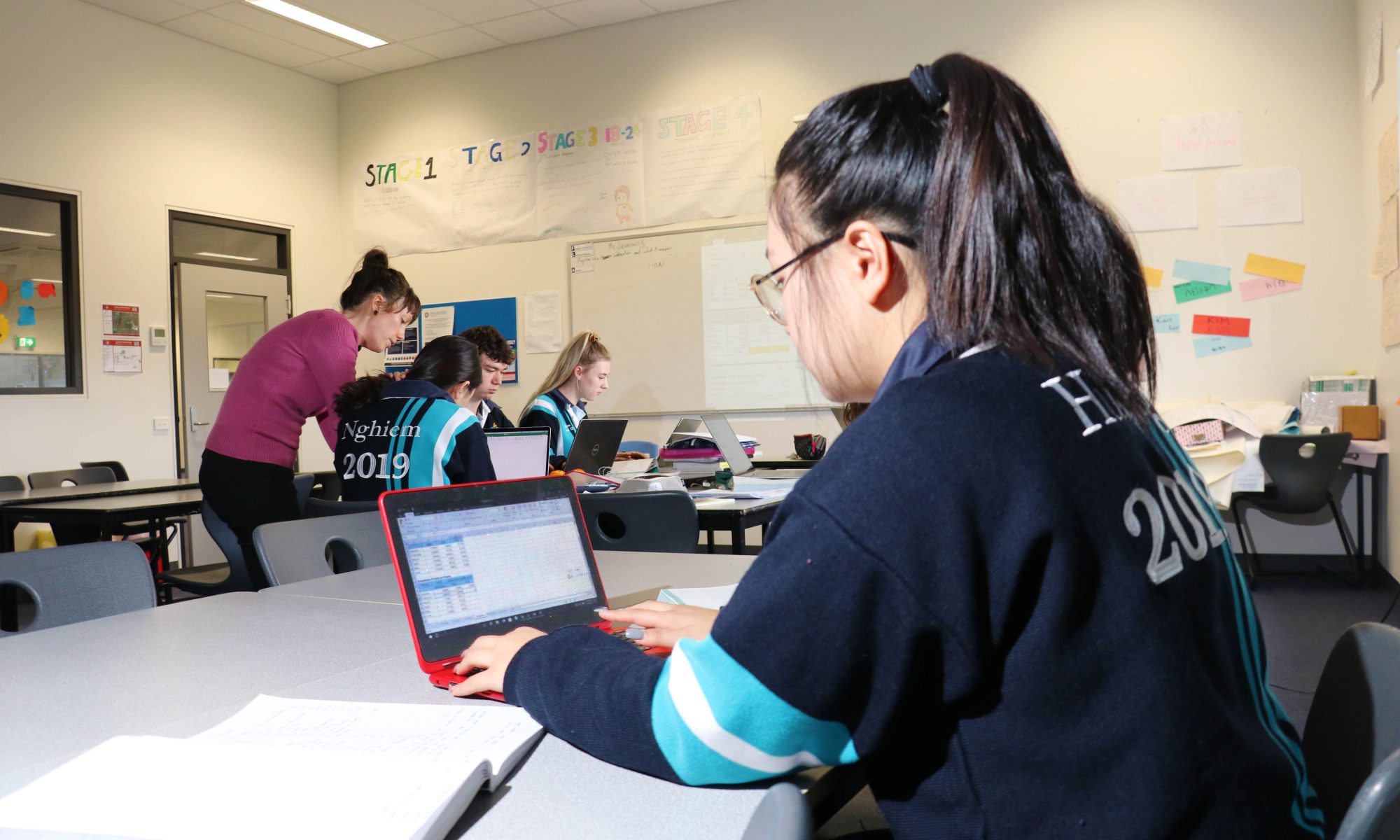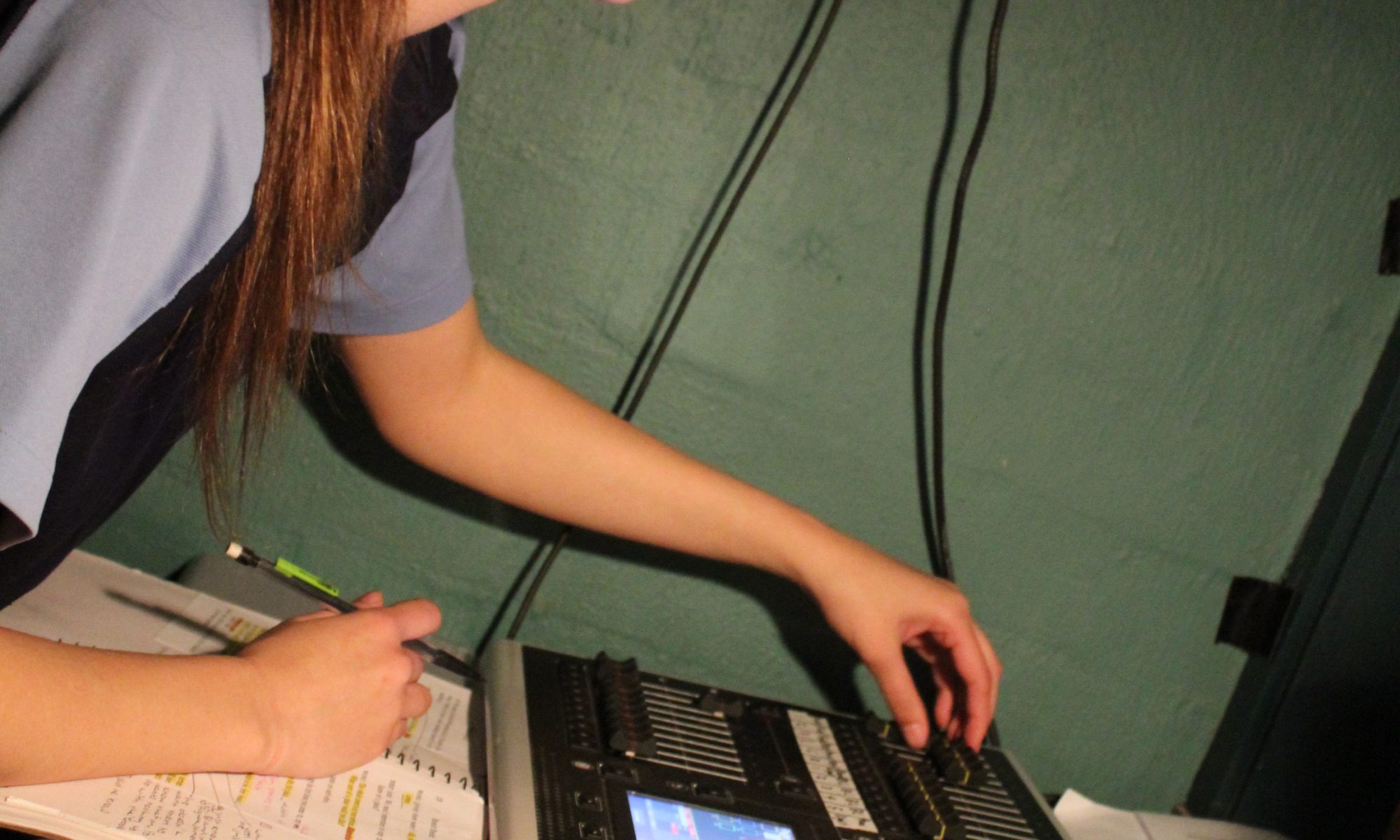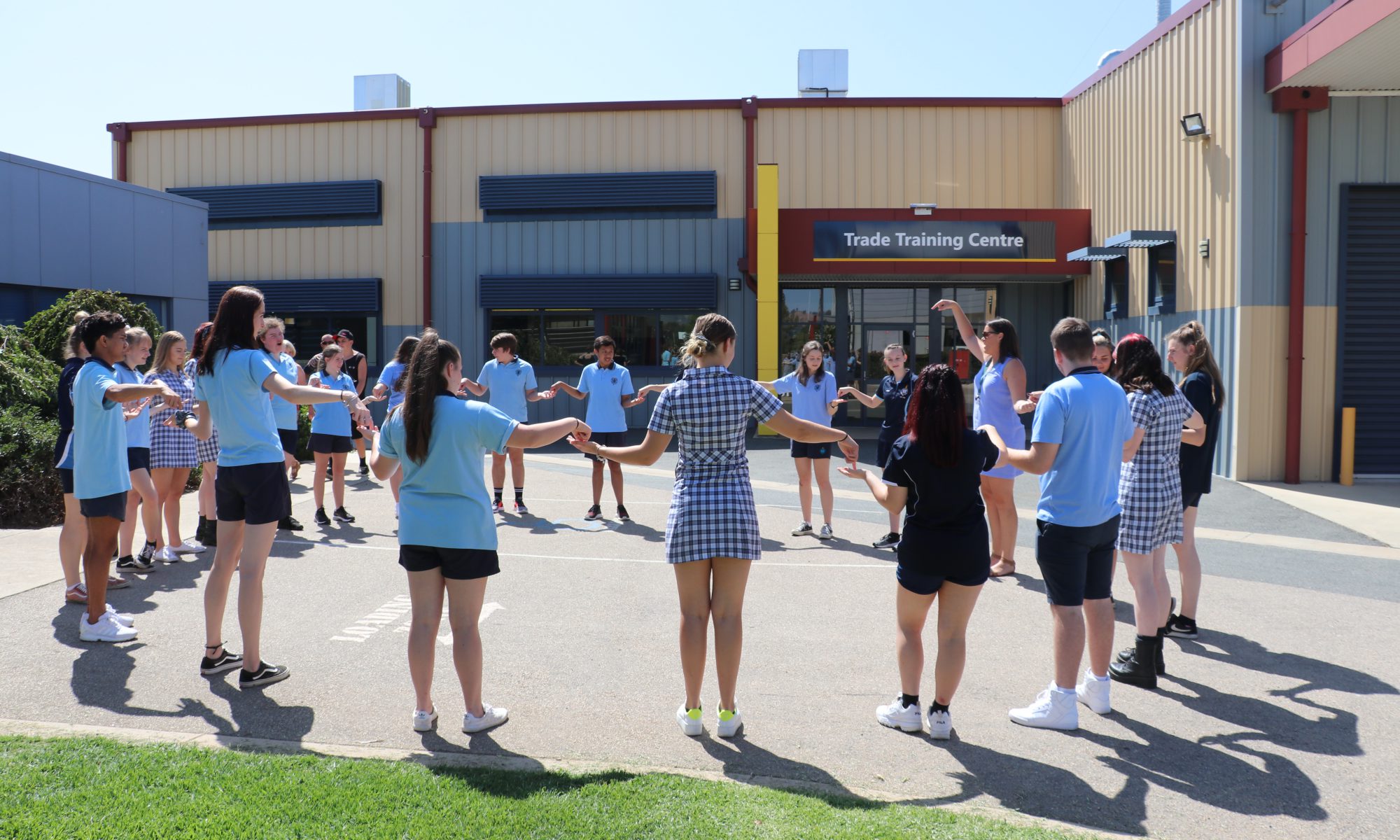EAL – Bridging English (1 & 2)
Course Summary
Is English your additional language? Bridging English as an Additional Language (EAL) is the intensive and explicit study of the English language in a range of socio-cultural contexts and for a range of purposes, including further education and the workplace. You will develop your language skills and confidence, assisting you to communicate effectively in a range of contexts, including academic and every day, using a range of spoken and written Standard Australian English.
VCE: Unit 1 and Unit 2 available
Learning Activities & Assessment
- Explore the English language in a range of socio-cultural contexts and for a range of purposes, including further education and the workplace
- Develop language skills and confidence for you to communicate effectively academically and personally
- Apply language skills to participate effectively in Australian life
Classroom Virtual Tour
Quick Links
Approximate Costs
Learning Area Contact
English Learning Area Leader
